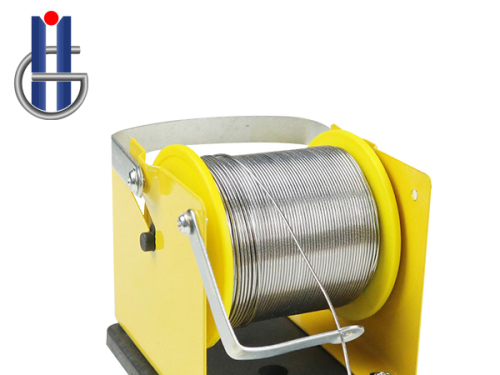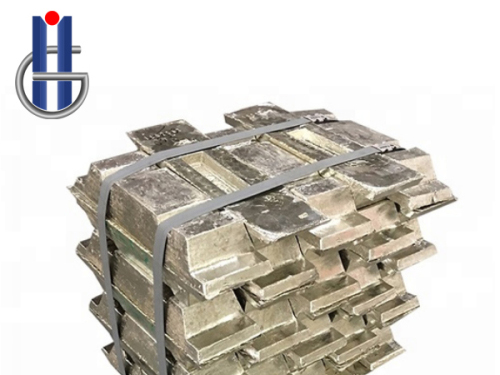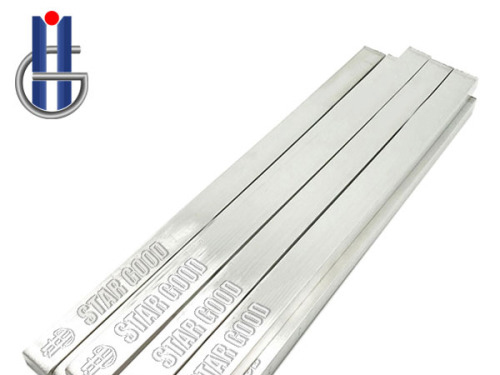With the continuous advancement of maritime engineering and shipbuilding technology, marine cables play a crucial role in power transmission and communication on vessels. Among them,
tinned copper cables for maritime use have emerged as a reliable choice, owing to their outstanding performance and adaptability in the marine environment.
1. Advantages of Tinning Technology:
ancor awg tinned copper wire, where a thin layer of tin is coated on the surface of copper conductors. This technology brings several advantages:
Corrosion Resistance: The tin layer effectively shields copper conductors from corrosion factors such as seawater and salt spray, extending the cable's lifespan.
Improved Conductivity: The tin layer enhances the cable's conductivity, reducing resistance and improving the efficiency of power transmission.
Excellent Solderability: The tin layer makes the cable surface more conducive to soldering, enhancing ease of installation and maintenance.
2. Adaptation to the Marine Environment:
Tinned copper cables for maritime use not only excel in technical aspects but also demonstrate outstanding performance in adapting to harsh marine conditions:
Salt Spray Resistance: The tin layer effectively prevents corrosion of copper conductors by salt spray, ensuring stable performance in maritime climates.
Moisture and Waterproofing: The cable's outer layer is designed with materials resistant to moisture, guaranteeing reliable operation in humid environments.
3. Applications of Tinned Copper Cables in Maritime Settings:
Tinned copper cables find widespread applications in shipbuilding, offshore platforms, submersibles, and more:
Main Power Transmission: Serving as primary power supply lines, ensuring stable power distribution on vessels.
Communication Systems: Used in ship communication systems to provide reliable signal transmission.
Navigation Equipment: Employed to connect and power navigation equipment, ensuring safe navigation for vessels.
4. Brand Selection and Quality Assurance:
When selecting tinned copper cables for maritime use, it is crucial to choose reputable manufacturers such as Ancor, Endress, Siemens, ensuring that the products comply with relevant international standards and certifications from classification societies, providing a reliable quality assurance.
In conclusion, tinned copper cables for maritime use, with their exceptional corrosion resistance, conductivity, and adaptability to marine environments, offer a reliable solution for marine engineering and ship power systems. Their future application prospects in maritime engineering appear promising.



 High Purity Tin Ingot: Crucial Applications and Benefits
High Purity Tin Ingot: Crucial Applications and Benefits
 Pure Tin Ingot: Essential Material for Diverse Industrial Applications
Pure Tin Ingot: Essential Material for Diverse Industrial Applications
 Unlocking the Potential of Pure Tin Bars: Essential Components for Diverse Industries
Unlocking the Potential of Pure Tin Bars: Essential Components for Diverse Industries
 Lead Bar for Sale: Uses, Specifications, and Buying Considerations
Lead Bar for Sale: Uses, Specifications, and Buying Considerations